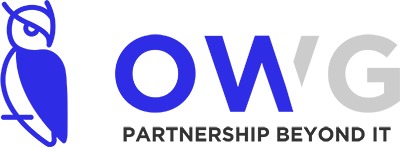And what smart organizations are doing to fix them
Most IT leaders know their top-line costs — cloud licenses, vendor fees, support contracts. But what many don’t see are the hidden expenses silently draining budgets every quarter.
These aren’t headline items on your invoices. They’re the cumulative result of inefficiency, outdated systems, reactive support, and vendor blind spots.
At OWG, we work with law firms, healthcare groups, finance teams, and creative professionals who are often shocked by how much their “status quo” setup is really costing them.
Here’s what we’ve found hiding beneath the surface:
1. Tools You’re Still Paying For (But No One Uses)
It’s common: a department signs up for a niche tool, the team shifts, and the tool quietly lives on — renewing monthly.
Add up:
- Overlapping software subscriptions
- Legacy systems still billing annually
- “Trial” platforms that quietly converted to paid
Quick Fix: Run quarterly audits on all software, SaaS tools, and user activity. OWG’s IT Cost Control service includes this by default.
2. Underutilized Cloud Resources
The cloud is powerful. But when not optimized, it’s one of the biggest sources of waste.
You may be paying for:
- Over-provisioned virtual machines
- Unused storage volumes
- Premium licensing tiers your team doesn’t need
Quick Fix: Have your IT partner (or OWG) perform a resource efficiency review. You’ll often find significant savings without changing performance.
3. Slow Support That Costs Real Time
Every time your team waits on support tickets, it’s costing you — not just in morale, but in lost billable hours.
The hidden costs of:
- Downtime that delays casework or client services
- Staff doing workaround fixes instead of real solutions
- Constant context switching due to unresolved tech glitches
Quick Fix: Evaluate your current support model. If you’re relying on reactive ticket-based support with no strategic guidance, you’re paying more than you think.
4. Vendor Lock-In That Limits Growth
Many SaaS or cloud contracts appear cost-effective up front — but come with hidden constraints:
- Hard-to-exit terms
- Licensing models that don’t scale efficiently
- Complex pricing that penalizes you for growing
Quick Fix: Choose solutions (like OWG’s Parallax Private Cloud) that prioritize transparency, flexibility, and ownership — not control.
5. Invisibility = Risk = More Cost Later
Not knowing:
- Who has access to what
- Where your data lives
- How your systems connect
…means your IT isn’t truly under control.
Lack of documentation or visibility increases:
- Compliance risk
- Disaster recovery complexity
- Costs when migrating or onboarding vendors
Quick Fix: Ask your provider for a full environment map and access control review — or let OWG help build it for you.
The Takeaway: What You Can’t See Will Cost You
IT costs aren’t just about what you’re paying — they’re about what you’re tolerating.
And in today’s high-stakes business environments, just “getting by” is often the most expensive decision of all.
That’s why OWG takes a proactive, partner-first approach to IT. We help you uncover the inefficiencies, re-align your infrastructure, and build a more secure, scalable, and cost-effective system — without losing control.











